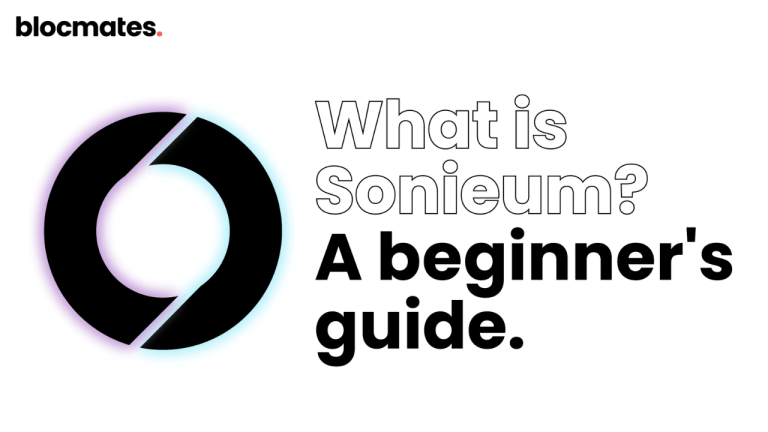
Tokenization at center of digital money ‘format wars,’ says Citibank exec

The digital money format war could be won or lost on the battleground of tokenization.
Tony McLaughlin, managing director of transaction banking at Citibank, is of the opinion that digital money is the current theater for another paradigm-shifting format war.
Speaking during the ongoing Finnovex Virtual Summit, McLaughlin said that digital money appeared odds-on to become the future of money. However, he argued that digital money itself was still in the process of significant evolution along three lines — financial institutions, fintech and crypto.
According to McLaughlin, tokenization will play an important role in determining the eventual winner of the digital money format war. Detailing his analysis during his presentation on Monday, McLaughlin identified issues surrounding government regulations and assets versus liabilities as possible deciding factors for the digital money format war.
McLaughlin further alluded to the argument that building financial services infrastructure on tokens is superior to the current accounts-based model. “Potentially, a world of tokens is more programmable than a world of traditional, siloed financial infrastructure,” McLaughlin opined.
As part of his address, McLaughlin also touched on the fact that token-based infrastructures run continuously, stating:
“Token infrastructures are always on, and the traditional financial system clearly is not. RTGS systems are not always on, ACH systems are not always on, [but] instant payment systems are always on, but that’s the exception that proves the rule — bond markets, equity markets, fx markets, money markets — these markets are not run 24/7 but a DLT does.”
Apart from tokenization and continuous operations, McLaughlin also noted that tokens are “inherently multi-asset” as another advantage over the current mainstream financial matrix. According to McLaughlin, the fact that tokens are an immutable ledger of digital signatures makes tokenization a superior base-layer for asset representation.
Thus, the Citibank transaction banking chief urged financial services stakeholders to consider pivoting toward a token-based system for their digital money efforts to enjoy benefits like programmability and “always-on” operations.
Indeed, the current central bank digital currency wave spreading across different countries is still focused on the liabilities of apex banks. Thus, these CBDCs — when fully realized — will be the same accounts-based money as is the case with fiat cash.
McLaughlin also called for financial services stakeholders to broaden their digitization agenda beyond CBDCs toward multi-asset tokenization. Indeed, regulated decentralized finance, or reg-DeFi, is becoming a popular refrain among bankers.
Back in April, John Whelan, blockchain chief at Banco Santander, predicted that reg-DeFi — permissioned layer-two protocols on public networks — could be the future of finance. Even DeFi bigwigs, such as MakerDAO founder Rune Christensen, have agreed that the emerging crypto market segment will require significant regulatory input to interface with real-world assets.
Go to Source
Author: Osato Avan-Nomayo









